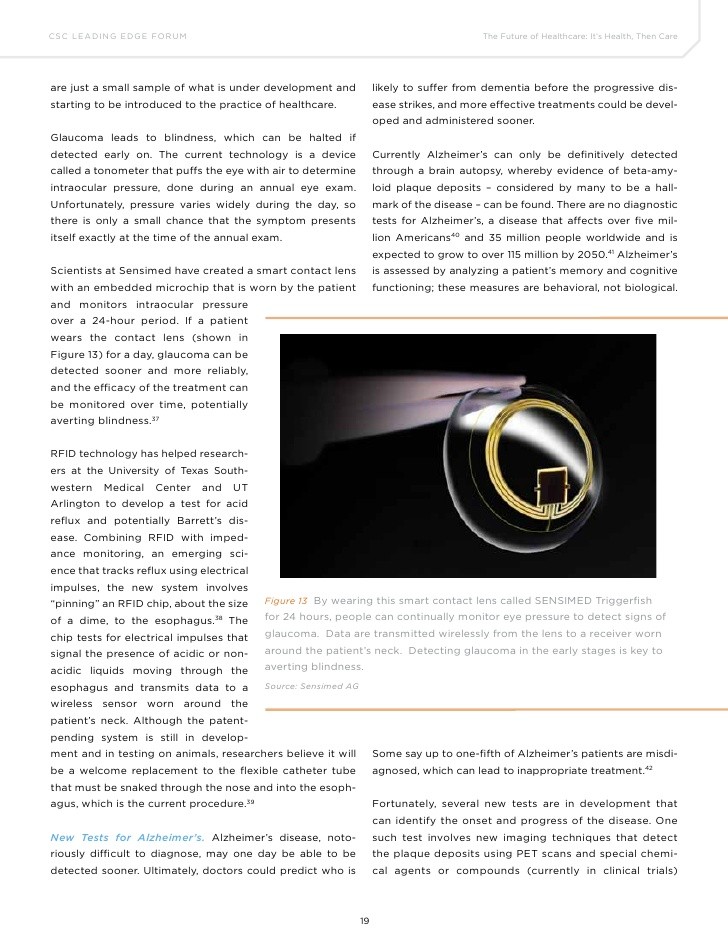Ectives The Future of Offshore Centers
Post on: 23 Июль, 2015 No Comment

Offshore private banking has long been associated with tax evasion, confidentiality, and a handful of traditional centers such as London and Geneva. The appeal of such centers stems in part from their enduring stability. However, several forces—including government crackdowns on tax evasion and the current financial crisis—have prompted private banks in traditional offshore centers to revisit their strategies.
Regulatory changes pose the largest threat to the traditional offshore model. Tighter tax codes and stricter banking regulations have caused many investors to shift from offshore to onshore strategies. At the same time, stringent regulations could have a silver lining for certain offshore centers. Some high-net-worth individuals may consider relocating to foreign offshore centers as a roundabout way of complying with domestic tax regulations. They are more likely to relocate to places that have a high quality of life and large business communities—for example, international hubs such as Switzerland and Singapore—rather than to small, out-of-the-way offshore centers such as the Cayman Islands or Guernsey. Once these individuals relocate, private banks will have new opportunities to provide holistic services that cover both personal and business finances.
Offshore private banks also face revenue pressure as an increasing number of clients begin to retire. Retirees are likely to start living off their capital, rather than trying to grow their wealth aggressively. Moreover, their heirs may prefer onshore investments.
Furthermore, the financial crisis is affecting offshore centers. As with onshore investments, the crisis has prompted many clients to shift their offshore AuM toward more cash-driven investments, which tend to have relatively low margins. In addition, some of the largest offshore players have had significant exposure to the financial crisis. This development is likely to undermine clients’ confidence in these institutions; it may also lead clients to move their wealth to independent asset managers or boutique banks. As a result of the crisis—as well as increasing regulatory pressure—the wealthiest clients may even elect to start their own family office, join a multifamily office, or establish their own team of private bankers.
Another threat comes from the rise of new offshore banking centers. Investors from China, Taiwan, and Hong Kong are gravitating toward Singapore, which is closer to home, rather than relying on traditional European offshore centers. This makes it easier for them to meet with their RMs and access regional investments. Likewise, younger clients in the Middle East frequently use Dubai as an offshore location because they prefer to invest in regional private equity and real estate. In general, private bankers in Singapore and Dubai may be in a better position to understand clients from their respective regions.
Despite these pressures, traditional offshore centers—Switzerland, in particular—are not on the verge of surrendering their leadership positions. (See the exhibit “Switzerland Is the Largest Offshore Center for AuM.”) They remain formidable offshore hubs, given their experience and talent, as well as the quality of their products and services. Nonetheless, these centers should take steps to ensure their continued competitiveness.

Emphasize holistic offerings. With their role as tax havens diminishing, offshore centers should focus on the traditional strengths of a private bank—in particular, an ability to deliver a comprehensive range of investments, strong performance, and strategic advice. Traditional offshore players enjoy an advantage over emerging players in Singapore and Dubai, which have far fewer specialized investment bankers and asset managers in their regions. Offshore banks in Geneva and London can draw from a much deeper pool of talent, and thus should be in a better position to provide sophisticated financial strategies, access to unique investment products, and comprehensive legal and tax advice.
Develop compliant offerings. Offshore players should take steps to comply with tax and banking regulations. Such action is essential to maintaining their reputations, which are critical to their success. They should also explore opportunities to develop innovative tax-compliant products and services.
Expand offerings. In light of the declining growth of offshore AuM, large offshore players should consider developing onshore strategies in selected markets.














